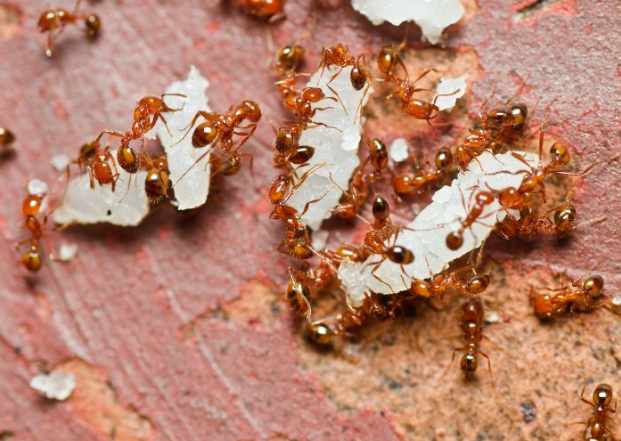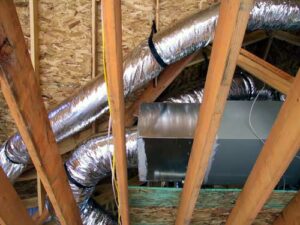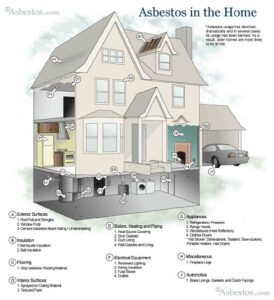Pests can disrupt our everyday lives, cause significant damage to properties, and pose health risks to our families. Everyone wants their home to be safe and comfortable. This article offers practical insights into effective techniques to protect your home from pests. From understanding different pest types to learning proactive measures, you’ll discover everything you need to tackle these uninvited guests effectively.

Protect Your Home from Pests
Keeping pests out of your home is in everyone’s best interest. So first, we’ll look at the kinds of pests most likely to target your home.
Understanding Common Household Pests
To efficiently manage pests, it’s essential first to understand the different types that can invade a home. They can generally be classified into three categories:
- Insects: These include ants, cockroaches, and termites. Insects can damage structures and contaminate food supplies.
- Rodents: Mice and rats often seek shelter indoors, causing structural damage and posing health risks through diseases like Hantavirus.
- Wildlife: Animals such as raccoons and squirrels can also become problematic, especially when they find ways to enter attics or garages.
Key Facts and Statistics
- Termites cause over $5 billion in property damage annually in the United States.
- Rodents contaminate around 20% of the world’s food supply.
- Cockroaches can spread diseases like salmonella and gastroenteritis.
Preventative Measures You Can Take
Prevention is always better than treatment. If you want to protect your home from pests, then starting the offensive is a smart strategy. Here are the top three strategies that work.
1. Maintain Cleanliness
- Regular Cleaning: Sweep, mop, and vacuum your home frequently to remove food particles that might attract pests.
- Proper Waste Management: Ensure trash bins are sealed and emptied regularly.
2. Home Maintenance
- Seal Entry Points: Use caulk or steel wool to close any cracks or holes in walls, windows, and doors.
- Insulation: Repair damaged insulation to deny pests easy access.
3. Landscaping Tips
- Trim Back Vegetation: Keep plants and shrubs at least one foot from the home’s exterior to discourage pest entry.
- Removal of Standing Water: Eliminate water sources to prevent mosquitoes and other water-breeding pests from multiplying.
Natural Pest Control Methods
Many homeowners prefer environmentally friendly solutions. Here are three natural methods to consider:
- Essential Oils: Certain oils, such as peppermint and lavender, can deter pests. Mix a few drops with water and spray around your home.
- Plants that Repel Pests: Consider planting pest-repellent herbs and flowers like marigolds, chrysanthemums, and basil around your home.
- Diatomaceous Earth: This natural powder can kill insects by dehydrating them. Sprinkle it in areas where pests are commonly found.
When to Seek Professional Help
Sometimes, the pest problem might be more severe than simple DIY methods can tackle. It might be time to consider professional services. Companies offering pest control services employ trained technicians who use specialized equipment and pesticides to eradicate infestations effectively.
Things to Consider
- Infestation Size: Professionals best manage large infestations or multiple pest types.
- Health Risks: Consider professional help for pests that pose significant health risks, such as black widow spiders or bed bugs.
Effective Tips from Pest Control Experts
Experts recommend these additional strategies for a pest-free home:
- Regular Inspections: Schedule periodic inspections with professionals to prevent infestations.
- Education: Learn about local pests and their habits to be proactive.
- Integrated Pest Management (IPM): This strategy involves a combination of biological, mechanical, and chemical controls tailored to your environment.
Conclusion: Taking Charge of Your Pest Problem
Staying informed and proactive about pest management can save you from future headaches and expenses. Remember to maintain cleanliness, perform routine home inspections, and seek professional advice as needed. With these strategies, you can protect your home from pests and ensure a safe living environment. Should you require further assistance, research reputable pest control services for additional guidance and support.



